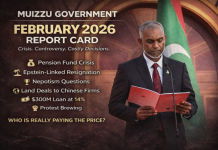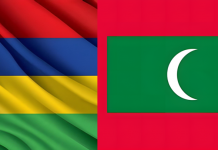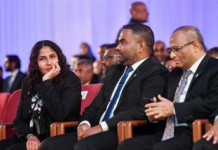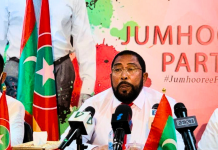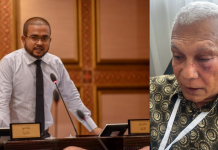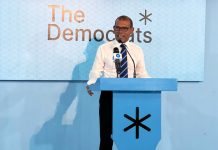The suspension and disciplinary proceedings against three Supreme Court judges—Justice Dr. Azmiralda Zahir, Justice Husnu Al Suood, and Justice Mahaz Ali Zahir have sparked concerns about the rule of law and the integrity of the judiciary. For Maldivians, this issue is not just a legal matter but a critical test of the nation’s commitment to democracy and justice.
The controversy stems from a constitutional amendment passed in November 2024, which introduced anti-defection measures for Members of Parliament (MPs). These measures aim to prevent MPs from switching political parties, a practice that has historically destabilized governments in the Maldives. However, the amendment’s passage has been contentious, particularly because it was reportedly shielded from judicial review by the Supreme Court.
According to Margaret Satterthwaite, the UN Special Rapporteur on the independence of judges and lawyers, a series of actions appear to be aimed at undermining the Supreme Court’s ability to review this amendment. The suspension of three judges who had taken strong positions during earlier deliberations on the amendment has raised red flags about the government’s intentions.
On 26 February 2025, the Judicial Service Commission (JSC) suspended Justices Dr. Azmiralda Zahir, Husnu Al Suood, and Mahaz Ali Zahir, notifying them of separate disciplinary proceedings. The suspensions followed anonymous complaints filed with the Anti-Corruption Commission, which the JSC used as grounds to investigate the judges for alleged incompetence. One of the judges resigned in protest, highlighting the severity of the situation.
Satterthwaite has expressed grave concern over these developments, stating that the disciplinary proceedings “appear to violate the principle that judges can only be dismissed on serious grounds of misconduct or incompetence and in accordance with fair procedures guaranteeing objectivity and impartiality.” She emphasized that the suspensions, combined with the disciplinary investigations, could amount to interference in the Supreme Court’s independence.
Adding to the concerns, Satterthwaite noted that the disciplinary hearings for Justices Dr. Azmiralda Zahir and Mahaz Ali Zahir were not conducted transparently. The judges’ chosen legal counsel were reportedly denied the opportunity to speak, and the proceedings were not made public, further undermining the fairness of the process.
On 25 February 2025, the Parliament passed a bill amending the Judicature Act to reduce the Supreme Court bench from seven to five judges. The amendment also requires the JSC to nominate two judges for removal based on incompetence. This move has fueled speculation that the government is attempting to reshape the judiciary to align with its political objectives.The reduction in the number of Supreme Court judges raises questions about the court’s ability to function effectively. A smaller bench could limit the diversity of judicial perspectives and weaken the court’s capacity to handle complex cases, including those involving constitutional matters.
The judiciary is the backbone of any democratic society, ensuring that laws are applied fairly and that the government operates within the bounds of the Constitution. The independence of judges is crucial to maintaining public trust in the legal system. When judges face suspensions or disciplinary actions without transparent and fair processes, it erodes confidence in the judiciary and, by extension, in the democratic process itself.
The UN Special Rapporteur’s statement is a wake-up call for the Maldives. Satterthwaite has confirmed that she is in contact with the Maldivian government to address these allegations. Her intervention underscores the international community’s concern about the state of judicial independence in the Maldives and serves as a reminder that the world is watching.
The suspensions of Justices Dr. Azmiralda Zahir, Husnu Al Suood, and Mahaz Ali Zahir, combined with efforts to shrink the Supreme Court, pose a serious threat to judicial independence in the Maldives. As the UN Special Rapporteur has warned, these actions could undermine the rule of law and weaken the democratic fabric of the nation.


